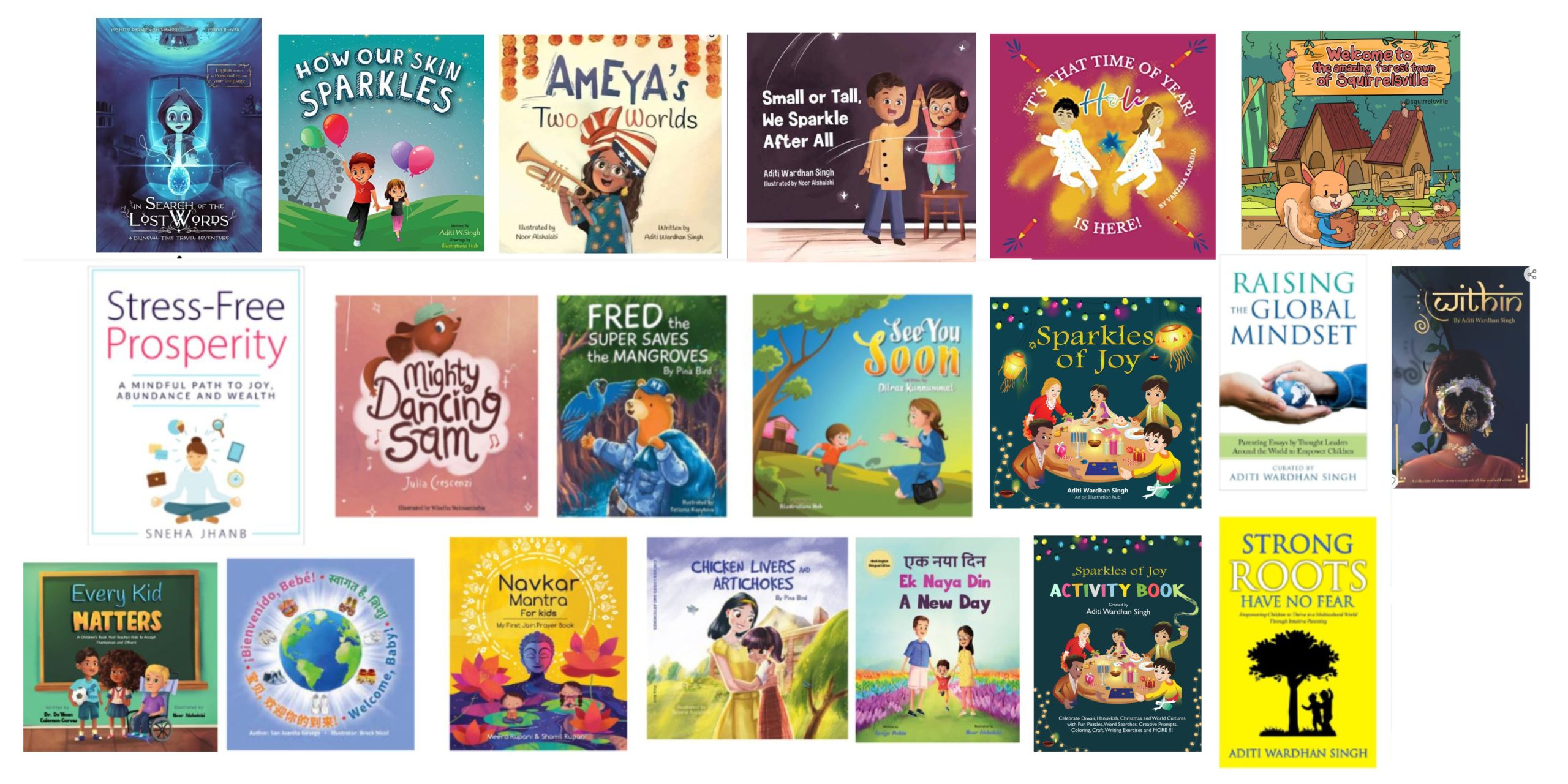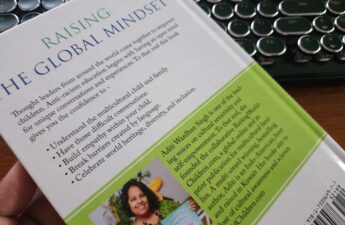Deciding whether to pursue traditional or self-publishing for your work depends on various factors. The truth is though, it comes down to whether you want to invest in your books yourself or get help with it and lost control.
Traditional Publishing:
- Validation and Prestige:
- Traditional publishing is often seen as a stamp of approval, providing validation to your work.
- It can bring prestige and recognition, especially if you secure a deal with a well-known publishing house.
- Resources and Support:
- Traditional publishers typically offer editorial, design, and marketing support.
- They handle distribution and may provide funding for book promotion.
- Industry Connections:
- Publishers have established connections with bookstores, libraries, and literary events.
- Financial Aspects:
- Advances and royalties are common in traditional publishing, but securing a deal can be competitive.
You need upto 2 years of dedicated finding a literary agent time, give up control of your book and market the book yourself at the end of it. While the advance is a great bonus, if you do not manage to make sales, you may or may not have to return the advance as well. A caveat is also, you have to write per the market and agents’ expectations.
- Advances and royalties are common in traditional publishing, but securing a deal can be competitive.
Self-Publishing:
- Control and Speed:
- Self-publishing gives you control over the entire process, from cover design to marketing strategy.
- It is generally faster than traditional publishing.
- Royalties and Income:
- You retain a higher percentage of royalties with self-publishing.
- Direct earnings depend on the success of your marketing efforts.
- Flexibility:
- You can experiment with pricing, book length, and content without external constraints.
- Marketing Responsibility:
- You are responsible for marketing and promoting your book.
- Building an audience may take time and effort.
You do your own marketing and get all the royalties and all the glory.
Factors to Consider:
- Goals and Priorities:
- Clarify your goals. If you seek widespread recognition, traditional publishing may be more suitable.
- Timeline:
- Consider your timeline. If you want your book in readers’ hands quickly, self-publishing might be a better fit.
- Investment:
- Traditional publishing usually doesn’t require upfront costs but takes a lot of time, and you may never find a company that will pick up your book, while self-publishing may involve expenses for editing, cover design, and marketing.
- Genre and Market:
- Some genres may fare better in one publishing model over the other. Research the market for your specific genre.
- Long-Term Strategy:
- Consider your long-term publishing strategy. Some authors start with self-publishing and later transition to traditional publishing.
Ultimately, your decision should align with your personal and professional goals as an author. It’s also worth noting that hybrid approaches, where authors use both traditional and self-publishing methods for different projects, are becoming increasingly common.
If you are looking to self-publish, you can download the workbook to do so OR if you would like assistance in every step of self-publishing to writing, you can email contact@raisingworldchildren.com for a free consult.
If you feel that my efforts are of value, and would like to show your appreciation by buying me a coffee or lunch , via Venmo (@adisingh80) or paypal (@raisingworldchildren). Of course, this is completely voluntary, and any amount is greatly appreciated.



